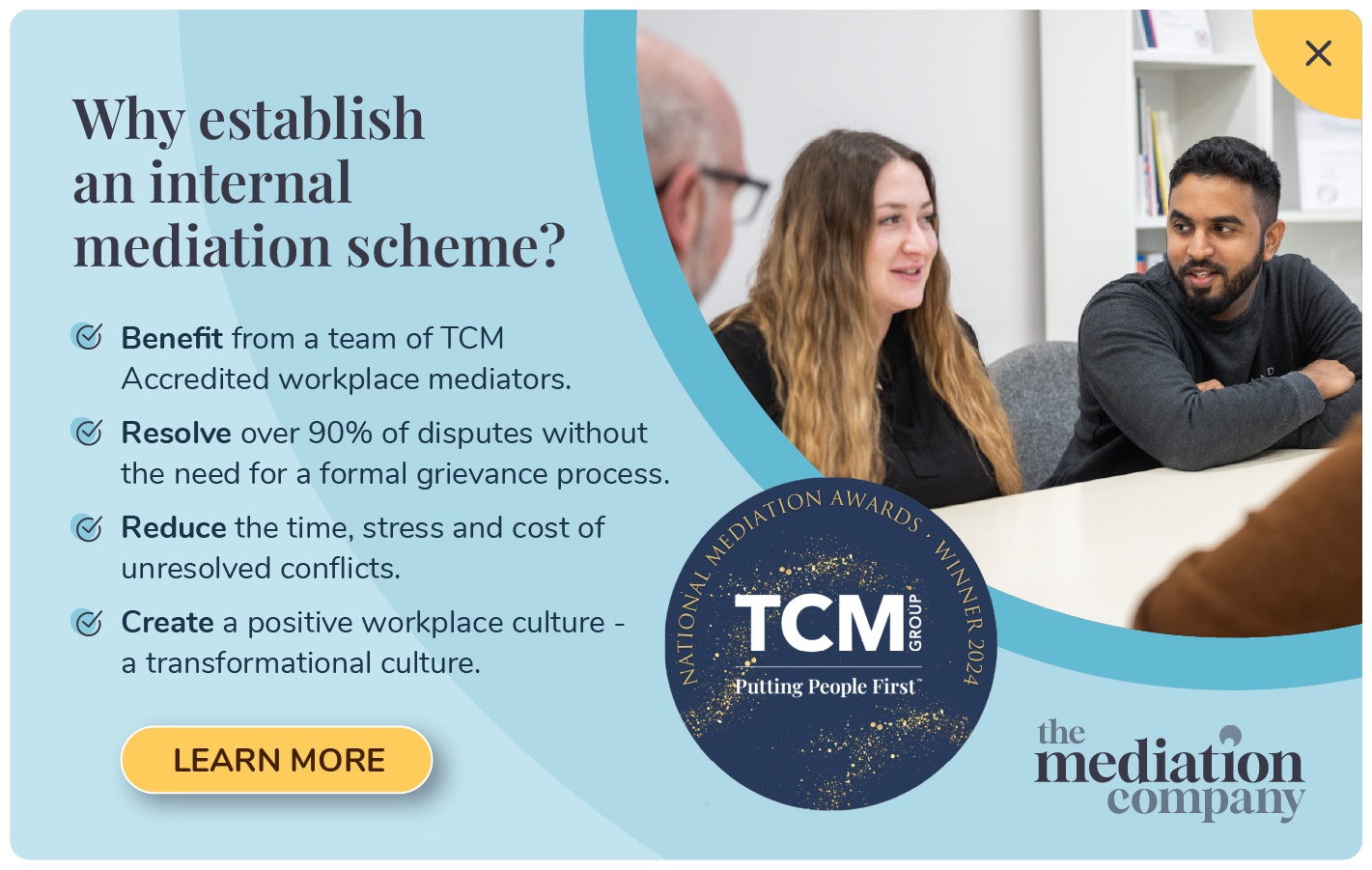Share article:
Tags:
Narrative Mediation was derived from Narrative Therapy. Narrative therapy takes people on a journey using narratives or story telling. It believes people are the experts in their own lives. It separates the person from the problem and believes people have the “skills, competencies, beliefs, values, commitments and abilities that will enable them to reduce the influence of problems that are affecting their lives”(Morgan, 2000). In this context, narrative mediation differs from the more frequently practiced interest-based mediation and focuses on the construction of an alternate story or narrative. This model “assumes that disputes are rooted in conflict-saturated stories that parties have developed throughout their relationship” (Picard and Melchin, 2007).
The mediator works collaboratively with the parties to help build a better understanding of the narratives behind the conflict. Mediators look for the social, historical, cultural, and personal factors and assumptions that under pin the conflict in order to help the parties create an alternative narrative based on cooperation and mutual respect (Picard and Melchin, 2007). Interest-based mediation focuses on the problem itself and the outcome. Narrative mediation encourages a deeper exploration of the relationship that allows participants to “reconstruct the conflict to not only resolve the immediate issues but to disengage” from the conflict-saturated stories in an attempt to achieve deeper understanding (Nagao and Page, 2005).
Further reading: http://narrative-mediation.crinfo.org/ http://www.mediate.com/articles/pageN3.cfm
References: Picard, Cheryl A, and melchin, Kenneth R., (2007), Insight Mediation: A Learning-Centered Mediation Model, Negotiation Journal, President and Fellows of Harvard College, USA. Morgan, Alice., (2000), What is Narrative Therapy? An Easy to Read Introduction. Angela Nagao and Norman R. Page
















